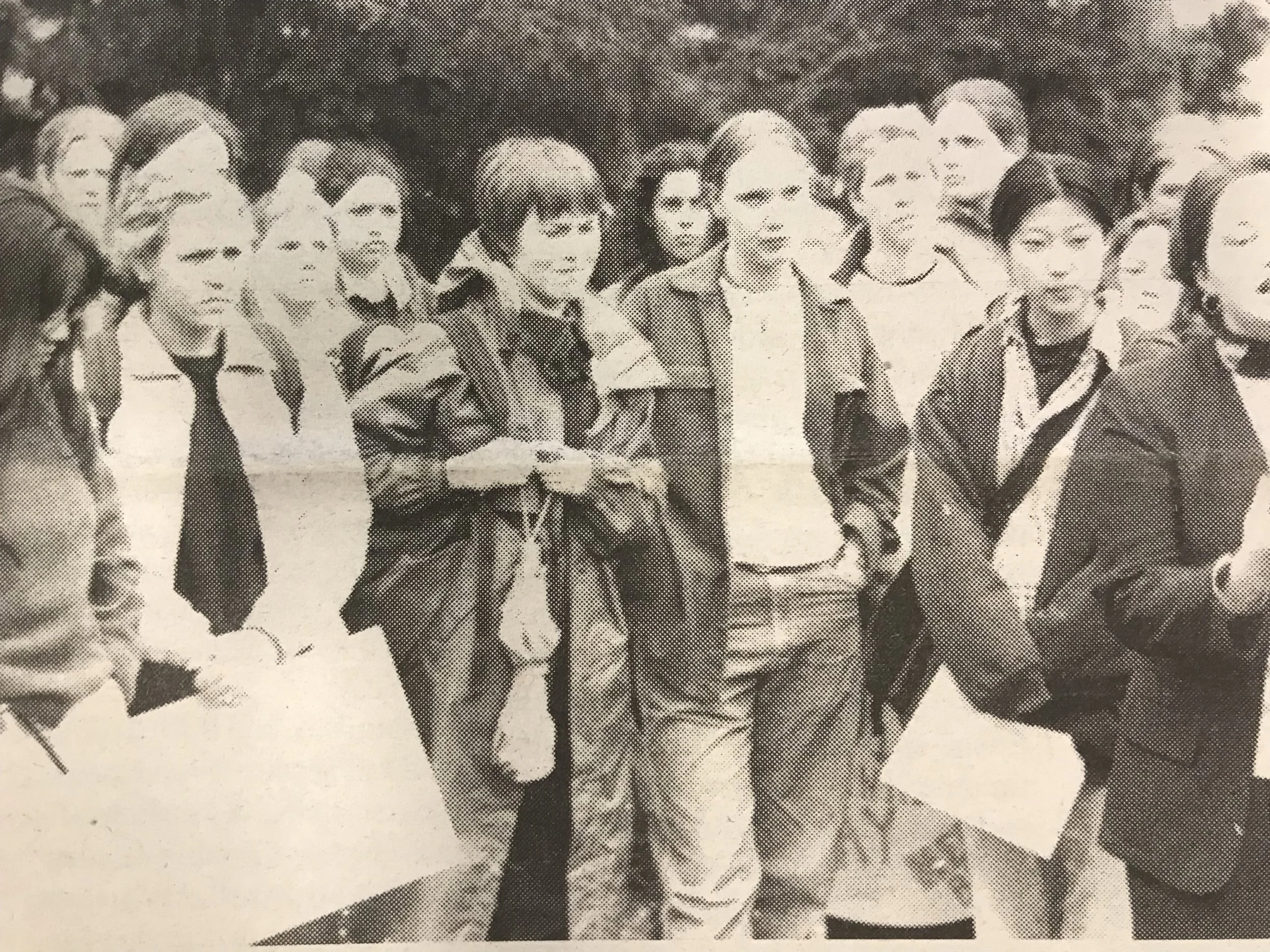BY SHEBATI SENGUPTA ’19 AND MADELINE FITZGERALD ’21
In an effort to increase awareness around queer history, Smith College hosted several events surrounding Transgender Day of Visibility last week, including a screening of the documentary “Major!” and a talk with the film’s subject, LGBT rights activist Miss Major. An iconic figure in the fight for transgender rights, Miss Major was a participant in the 1969 Stonewall Riots and today is the executive director emerita for the Transgender, Gender Variant and Intersex Justice Project. Today, she focuses primarily on mass-incarceration and the way it intersects with issues of racial justice and queer activism. Miss Major is also a prominent advocate for prison abolition, an issue which was featured heavily at the talk.






